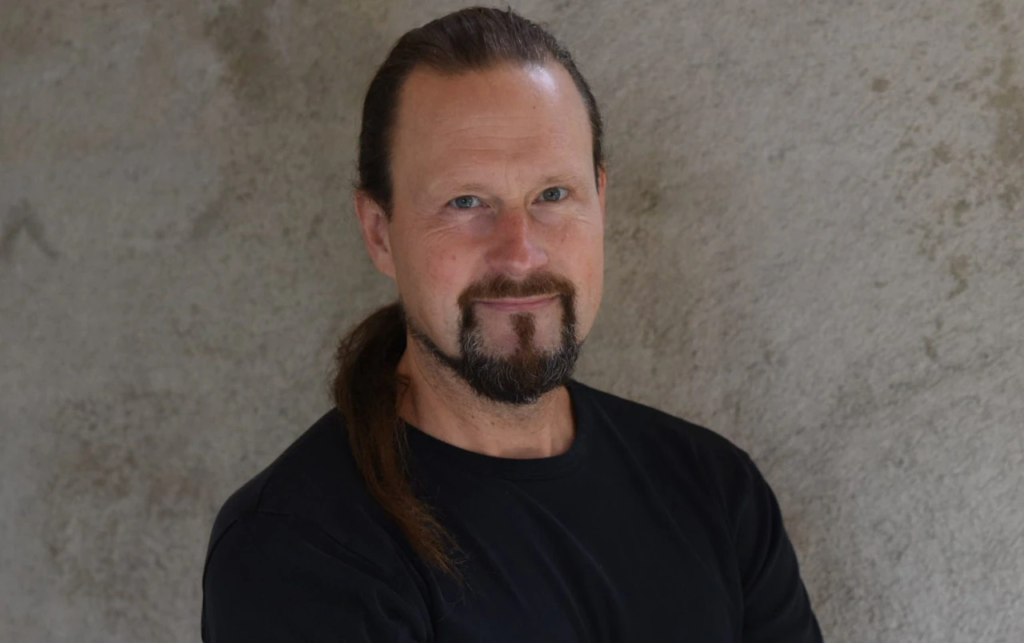Professor Fredrik Nyström, a renowned endocrinologist and internal medicine physician at Linköping University, Sweden, has spent 25 years challenging conventional health wisdom-Obesity. His findings, which often defy mainstream health advice, aim to reduce anxiety about health and empower individuals to live happier, more sustainable lives.
In his new book, Lighten the Load on Your Shoulders, Prof Nyström dissects health myths and argues that happiness, rather than obsessive dieting and exercise, is key to longevity. Drawing from over 113 studies, he provides evidence that challenges longstanding health dogmas.
Prof Nyström criticizes the traditional “eat less, exercise more” approach to weight loss, which he says rarely results in lasting change. Studies show that most obese individuals do not return to a normal weight, and restrictive dieting can crush morale, leading to poorer health outcomes. He highlights the “obesity paradox,” where individuals who lose significant weight often face higher mortality rates. Instead, he recommends sustainable dietary changes, with the Mediterranean diet standing out as the only scientifically proven approach to reducing cardiovascular risk by 30% over five years.
While Prof Nyström supports exercise, he warns against overexertion. High-intensity activities, such as marathon running, can lead to heart muscle damage, increasing the risk of atrial fibrillation and heart failure. He advises focusing on moderate activities like walking, which improve glucose levels, insulin resistance, and metabolism without overtaxing the body.
In a controversial study, Prof Nyström found that saturated fats improved cholesterol levels, contradicting decades of health advice. However, he emphasizes that sugar poses a far greater risk, contributing to conditions like fatty liver disease. His work calls for a shift in focus from fats to sugars in public health discussions.
Key Takeaway
Prof Nyström advocates for a balanced approach to health, prioritizing happiness and sustainable habits over restrictive diets and excessive exercise. His message: stop overthinking health advice and focus on small, achievable changes for a healthier and happier life.
Read Also:WHO Seeks $1.5 Billion for 2025 Health Emergency Response
Read Also: First tuberculosis diagnostic test met prequalification — WHO



